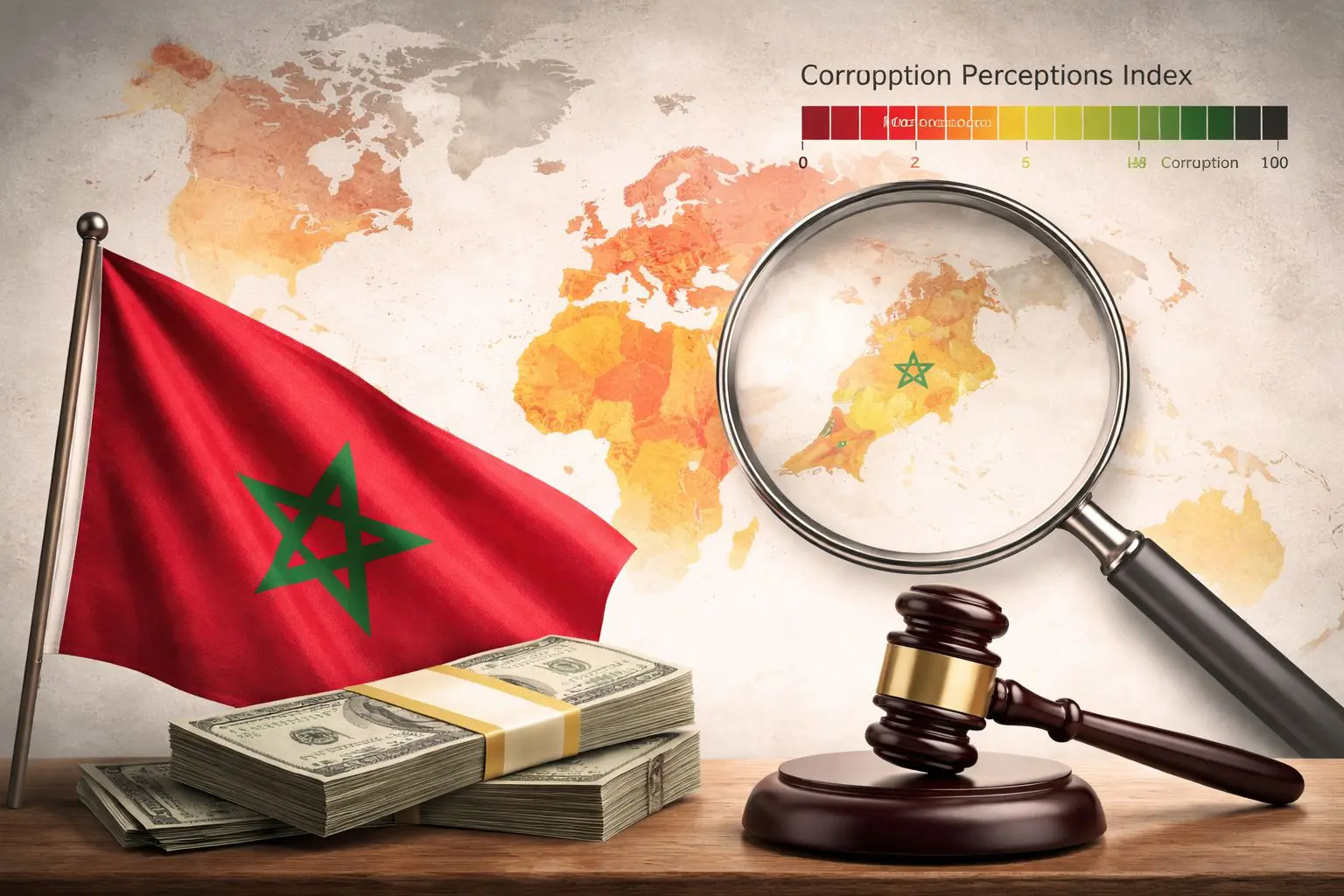China’s actions represent the biggest threat to the Netherlands’ economic security and innovation. The head of the Dutch General Intelligence and Security Service (AIVD), Erik Ackerboom, told The Associated Press in connection with the agency’s annual assessment of the situation.
“China uses cyberspace as a weapon, for espionage, but it also sends people to us – students, all kinds of scientists – to get knowledge illegally,” he said.
He also said that the Netherlands faces simultaneous threats from terrorism, extremism, espionage, cyber-attacks, sabotage, attempts to covertly influence Dutch society and organized crime.
In turn, the AIVD report claims that Russia is also actively trying to seek out sensitive information in the Netherlands and elsewhere in Europe and NATO.
The AIVD also believes that the economic difficulties arising from the situation surrounding Ukraine, as well as from the COVID-19 pandemic, create the right atmosphere for conspiracy theories to flourish.
The office notes that “hate, anti-Semitism and conspiracy theories are spreading in the Netherlands” and threats come from “jihadists, right-wing terrorists and people who are extremely hostile to the government”.
Meanwhile, the return to power of the Taliban in Afghanistan has influenced the growth of radical Islamist views.
Akerboom also referred to the incident in which a batch of secret Pentagon documents was leaked to the public on social networks. The head of the AIVD did not rule out the possibility of similar events happening again, but in the Netherlands.
On October 7 last year, the US Department of Commerce banned the sale to China of cutting-edge chips, as well as equipment, components and software for their production, focusing on technologies related to artificial intelligence and potential military applications.
However, Japan’s Tokyo Electron Ltd and the Netherlands’ ASML Holding are two of the most important suppliers of the products the US needs to effectively enforce sanctions against China.
The Netherlands was later reported to have agreed to join similar US restrictions.
In January, it was reported that the Netherlands would impose restrictions on ASML Holding NV, banning the company from selling at least some types of lithography machines needed to produce a range of advanced microchips.
Illustrative Photo by Pixabay:







